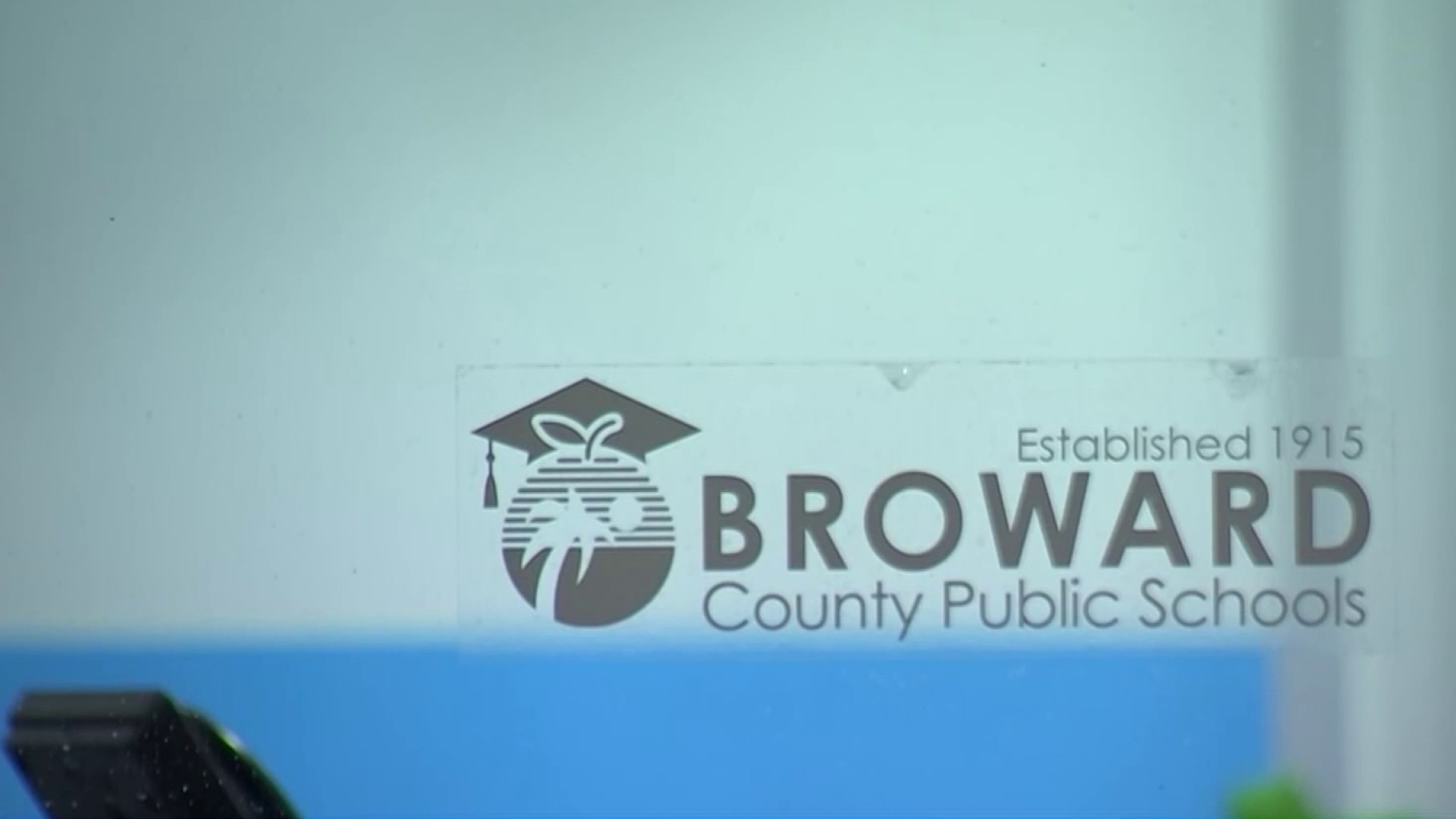The City of Miami now has a new fire station. It's floating in the middle of the bay, designed to respond to emergencies faster.
The new Station 15 on Bayside is home to Miami Fire-Rescue's Marine Operations.
"We step off the house boat, we step on our boat and we respond," said Lt. Christopher Cope with Miami Fire-Rescue.
The house boat didn't exist just a short time ago. For years, Lt. Cope and his crew were stationed on land in Downtown Miami.
"Which is about three blocks away from where we actually keep the boat. We would have to jump in our pickup truck and respond with lights and sirens on the dock, and jump on the boat," Lt. Cope said.
In an emergency situation, the minutes could mean life or death. Seconds and minutes count for all first responders, but especially for this team.
On land, officials said Miami Fire-Rescue's response time is 4 to 6 minutes. On the water, it's much different. It could take them 10 to 20 minutes to get to an emergency. That's if the emergency is in Miami, because although they work for the city, the water means this team has no boundaries.
Local
"Our primary patrol area would be the waters immediately adjacent to the City of Miami, but we have no jurisdiction on the water. We respond to where there is need," Lt. Cope explained.
On one day recently, a call came in around 1:30 p.m. An emergency miles away was reported and arrival time was an estimated 40 minutes. But before they got there, they were told they were no longer needed. Shortly after the stand-down, another call came in of a foot injury not far from Station 15.
"Aside from fires, we do deal with a lot of traumatic injury on the water. Jet ski accidents, boat collisions, potential drownings," Lt. Cope said.
But an emergency isn't required to get these first responders out. Unlike land crews, they spend a lot of time patrolling.
"A lot of the training that we do is territory familiarization. We spend time out on the water just making sure that we can get where we need to be at any given moment," Lt. Cope said.
There are factors that challenge response time.
"Where you're located, what kind of weather and boat traffic," Lt. Cope said. And at night, there's the extra problem of darkness.
From any boat, the Miami skyline seems quite impressive at night, but the bright lights are actually a problem for first responders on the water.
"Visually, vessels that may be in front of us get lost in the background. That's why we have radar on and we always have someone looking for collision avoidance," Lt. Cope explained.
Like paramedics and firefights who work on land, these first responders consider saving lives to be not only their duty but their purpose. They take pride in what they do from the highest rank on the team to the least experienced, and that's why Station 15 is so important to those on the front line of possible water tragedy. The closer they are to their boat, the better shot they have at improving public safety.



